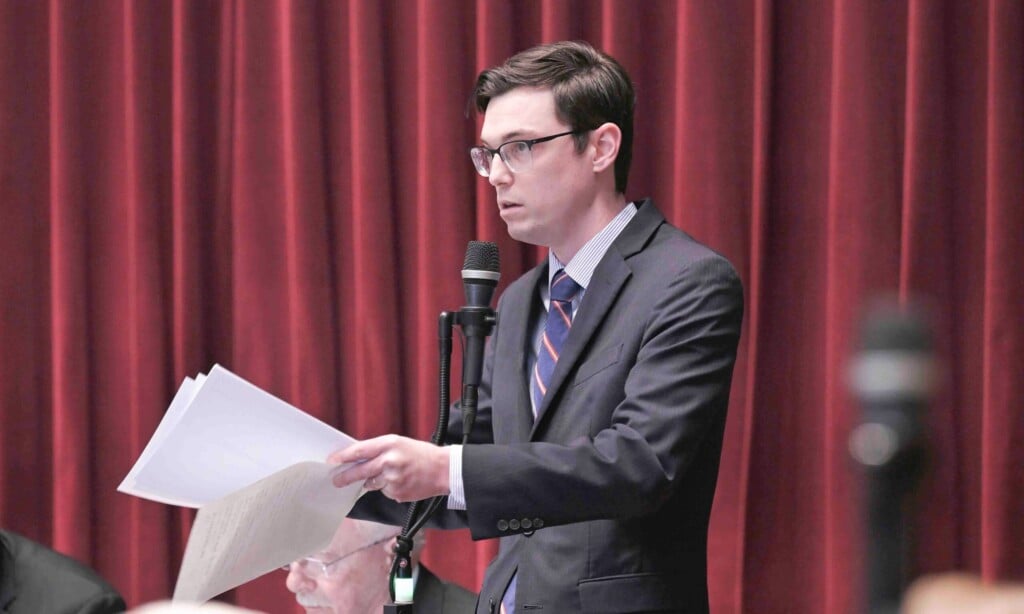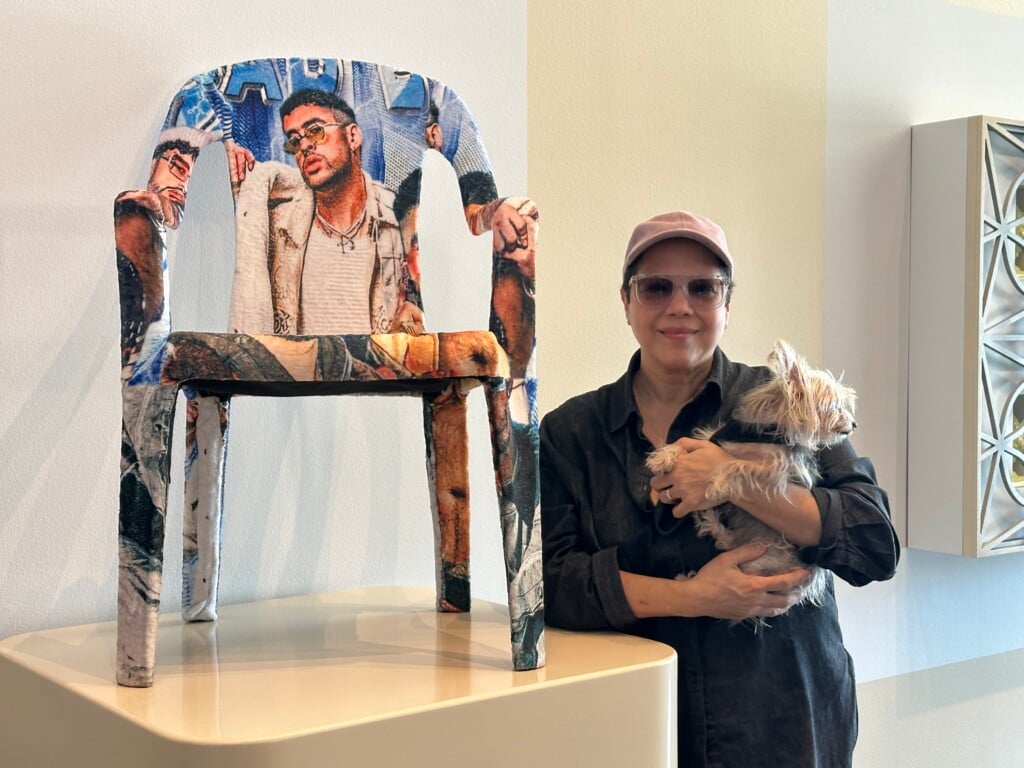Keeping Score

The pain of 9/11 has slowly given way to a certain numbness, not so much a sharp stinging sensation as a dull and distant throb. Still, the memories of that day continue to haunt New York City. The damage to the Pentagon has been repaired, and the scorched earth of the field in western Pennsylvania has begun to heal itself, but Ground Zero remains a gaping wound in the heart of lower Manhattan. In a city that prides itself on the hustle and bustle of every street corner, such absolute emptiness is a shocking sight.
In the weeks that followed the apocalyptic imagery of that Tuesday in September, musicians were among the first figures who attempted to transform the grief of individuals into the tears of a nation. Yet some Hollywood filmmakers decided that images of a pre- or post-9/11 New York would be too much for their audiences to bear. Leave it to quintessential New Yorker Spike Lee to be one of the first directors to address the city’s wounded spirit with his film 25th Hour. To help complete his vision, he called on jazz trumpeter and film composer Terence Blanchard, who cautiously accepted the offer.
“When Spike told me he was going to use post-9/11 New York as a character in the film, it was a bit overwhelming at first,” Blanchard says. “Then I thought, well, trust your instincts, trust your own musical judgment and just create something. See what you come up with.”
Beginning with 1990’s Mo’ Better Blues, Blanchard and Lee have collaborated on seven projects, including Jungle Fever, Malcolm X, Summer of Sam, the documentary Four Little Girls and 2000’s Bamboozled. Like most — if not all — of Lee’s films, 25th Hour contains racially, politically and socially charged thematic overtures within its primary plot about a convicted drug dealer (Edward Norton) coming to grips with his future with the help of two childhood friends (Barry Pepper and Philip Seymour Hoffman), his young girlfriend (Rosario Dawson) and his alcoholic father (Brian Cox) during his final few hours of freedom. But it was the movie’s bold timeliness following 9/11 that fascinated Blanchard.
“The whole thing he wanted to deal with was the fact that a lot of films and filmmakers were shying away from it,” Blanchard says. “Some of them were cutting the [World Trade Center] towers out of their films and just not dealing with the issue at all, like it never happened. He wanted to make sure that if he didn’t comment on the event itself that he would actually let people know where we were at times, that the story did take place after the 9/11 attack. Before anything else, that was one of the reasons he wanted to have all those images in the film.”
Blanchard welcomed the opportunity to set Lee’s poignant cinematic landscape to music.
“I lived in New York for fifteen years, and I had my own relationship with the twin towers and the city,” Blanchard says. “When I saw what he had shot, how he had put it together, I just drew on my own experiences and my own feelings and tried to set that to music.”
Beyond the rush of the initial emotional challenge Lee’s vision presented, Blanchard felt the demands of his own expectations as well as those of everyone else affiliated with the film and, ultimately, the public. Yet it’s not the first time the trumpeter-turned-composer has had to deal with such pressures.
“I liken it to when I did Malcolm X,” Blanchard recalls. “Malcolm X was a figure that meant a lot to me and a lot of other people, and to have the opportunity to write the musical backdrop for that particular situation was also overwhelming at first. But there was this one set designer — we had a conversation one day when they were actually shooting the film, and I told him how I was feeling. He said, ‘You know, everybody’s giving 150 percent. At the end of the day, if you really want to do this film justice, just do your job.’ That’s what I did with 25th Hour.”
Lee’s directorial approach involves constant evolution and refinement. Similarly, Blanchard must reevaluate his approach to film scoring from one project to the next.
“In terms of how it has changed, I guess I’ve matured a great deal,” Blanchard says. “I’ve become more comfortable with writing for larger ensembles and taking some chances, taking risks with some creative ideas. Plus Spike is always pushing me with his creative outlook. He’s done some interesting things with the way he’s shot some scenes in 25th Hour — the way they look, some of his editing choices. A lot of those things forced me to take another look at how I was going to approach a number of scenes.”
For Blanchard, the process of film scoring is subject to change not only from film to film but also from scene to scene and from actor to actor. It’s an episodic approach that subtly underlines shifts in setting and mood.
“Once we defined what sort of melodic material was going to be used in the film, whether it’d be for a character or a certain situation, the next thing for me was to look at the film in its entirety and see where those spots are — how many times this theme is used, how many times other themes are used and where they’re used in terms of the timing in the film and development of the story,” Blanchard says. “Once I have all of that stuff mapped out in my mind and on paper, then I take my cue from the performances of the actors and the way the thing is edited and shot.”
Blanchard is quick to point out that, as rewarding as his film work has been, it doesn’t keep him from playing live and feeding off the energy that he first got a taste for in the clubs and rooms of New York. He arrived on the scene in the early ’80s and was hailed at the time as one of the “young lions” in American jazz — a tag given to a core of young musicians that included Wynton and Branford Marsalis, Joshua Redman and Roy Hargrove, among others. Today Blanchard remains. He’s changing record labels, heading back into the studio with new material, and maintaining an impressively active performance schedule.
“While I really enjoy doing the film thing, it’s a different type of creative rush from the one I get from performing,” Blanchard says. “The performing side of it is interesting because I get a chance to get that immediate rush from playing with great musicians and interacting with those musicians on a nightly basis. That’s originally what I’ve always wanted to do. When I set out to be a musician, I thought of myself as a jazz musician and a bandleader. I don’t think I ever really gave that up.”




